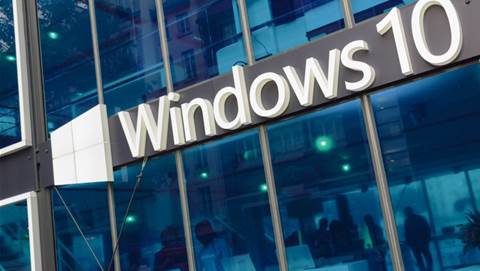Interactive games are set to dominate the entertainment industry by 2008, said PriceWaterhouseCoopers' senior manager Matthew Liebmann at the Australian Game Developers Conference this morning.
In his keynote speech, Liebmann outlined the results of a survey conducted by the financial firm. The information was gathered in 60 countries, themselves divided into four regions -- Asia-Pacific, North America, Europe and the Middle-East.
According to the survey, consumer spending on interactive games globally will rise 44 percent by 2008, from $38 billion to $85 billion.
This increase in spending will be driven by next generation consoles such as Microsoft's Xbox 2 and Sony's PlayStation 3; upgrades to mobile phones and consequently mobile gaming; broadband penetration and surprisingly, the changing attitudes of gamers -- specifically the increase in the average age of game players from 30 years of age to 40. "These people have money in their wallets," he said.
The demographic of teenagers with 'pocket money' is quickly being replaced by adults with incomes capable of supporting significant expenditure on games and gaming services, according to the survey.
Additionally, consumer game spending in Asia is predicted to see the largest increase, from 38 percent to 43 percent in the same period, compared to North America, which will only see and increase of a few percent -- 37 percent to 38 percent. Consoles will be the primary outlet of consumer expenditure, making up $26 billion per year globally.
However, Liebmann predicted that consoles will lose share to wireless and online services, and that multi-functional consoles, such as those providing internet multiplayer capabilities and multimedia functions (DVD/music
playing), will be both beneficial and damaging to the market.
On the PC gaming front, the survey results showed that revenue from games peaked in 1999 but has seen year on year declines since this time. Liebmann predicted that this trend would continue, PC game sales falling from 16 percent in 2004 to 6 percent in 2008, as average prices for consoles and console games become cheaper. The increased flexibility and accessibly of consoles will also contribute to this as PCs lose their 'multi-functional' appeal.
Liebmann also covered broadband at length, declaring online gaming as the first 'legitimate' killer app for the technology. He predicted that between 2004 and 2008, game subscribers for pay-to-play services will jump from 20 million to 142 million. This will subsequently drive a drop in average monthly revenue from online gaming services in this period.
Also discussed were the merits of file-sharing technology and piracy. Liebmann stressed that developers and publishers must "ride the wave" of these advances otherwise they will "alienate your customers."
"Parts of government, parts of society have failed to realise this," he said, using the example of a lack of an R rating as proof that current legislation and awareness is insufficient and lacking.
According to Liebmann, the games industry must face the realities of technology and how it has changed distribution methods, citing Valve's Steam as an example.
"You will never be in control [of your content] again," said Liebmann.

























